Writing Craft
Links marked with a * are affiliate links, which means I earn a small commission from qualifying purchases. I only recommend resources I personally use or have tried and believe in. All Amazon book links are affiliate links.
Blog Posts
Books
See the index for this section for books I recommend about other author-related topics.
5 Essential Turning Points to Create or Fix Any Plot: An Introduction to the Flexible Writer’s Framework
by Talena Winters
Unlock the simple secrets of every plot structure. Whether you're a plotter, pantser, or somewhere in between, learn how to use the Flexible Writer’s Framework to level up your craft, clarify your story, and improve reader satisfaction. Start writing better fiction today. FREE when you sign up for my newsletter!
How to Write Dazzling Dialogue
by James Scott Bell
Writing a bestseller or hot screenplay is no easy task, but dazzling dialogue is an absolute essential if you want to get there. The best part is, the skills of the dialogue craft are easy to understand and put into practice.
Check out this interview with James Scott Bell on The Creative Penn about this book and topic:
Plot & Structure
by James Scott Bell
How does plot influence story structure? What's the difference between plotting for commercial and literary fiction? How do you revise a plot or structure that's gone off course? With Write Great Fiction: Plot & Structure, you'll discover the answers to these questions and more.
Save the Cat Writes a Novel
by Jessica Brody
Novelist Jessica Brody presents a comprehensive story-structure guide for novelists that applies the famed Save the Cat! screenwriting methodology to the world of novel writing. Revealing the 15 "beats" (plot points) that comprise a successful story—from the opening image to the finale--this book lays out the Ten Story Genres (Monster in the House; Whydunit; Dude with a Problem) alongside quirky, original insights (Save the Cat; Shard of Glass) to help novelists craft a plot that will captivate—and a novel that will sell.
Writing Unforgettable Characters
by James Scott Bell
No more flat stories! Give your readers what will turn them into career-long fans—characters who jump off the page.
The Emotion Thesaurus
by Angela Ackerman and Becca Puglisi
One of the biggest struggles for writers is how to convey emotion to readers in a unique and compelling way. When showing our characters’ feelings, we often use the first idea that comes to mind, and they end up smiling, nodding, and frowning too much. The Emotion Thesaurus, in its easy-to-navigate list format, will inspire you to create stronger, fresher character expressions and engage readers from your first page to your last.
The Emotional Wound Thesaurus
by Angela Ackerman and Becca Puglisi
Root your characters in reality by giving them an authentic wound that causes difficulties and prompts them to strive for inner growth to overcome it. With its easy-to-read format and over 100 entries packed with information, The Emotional Wound Thesaurus is a crash course in psychology for creating characters that feel incredibly real to readers.
Self-Editing for Fiction Writers
by Renni Browne and Dave King
Hundreds of books have been written on the art of writing. Here at last is a book by two professional editors to teach writers the techniques of the editing trade that turn promising manuscripts into published novels and short stories.
Dreyer’s English: An Utterly Correct Guide to Clarity and Style
by Benjamin Dreyer
We all write, all the time: books, blogs, emails. Lots and lots of emails. And we all want to write better. Benjamin Dreyer is here to help. As Random House’s copy chief, Dreyer has upheld the standards of the legendary publisher for more than two decades. Now he distills everything he has learned from the myriad books he has copyedited and overseen into a useful guide not just for writers but for everyone who wants to put their best prose foot forward.
Chicago Manual of Style
This is available as both a print book and an annual website subscription. The CMOS is the style standard for fiction in North America. In Canada, some of the style preferences are different, and I recommend anyone wanting to write in Canadian Style also invest in Editing Canadian English.
In addition, make sure you have a good dictionary in whichever style standard you wish you use.
Courses
Holly’s Writing Classes
Taught by author Holly Lisle.
https://hollyswritingclasses.com/
If it weren’t for Holly’s How to Think Sideways novel-writing class, I would probably not be a published author now. She has amazing classes on all subjects writing-related, and several of them are free introductory courses (that are still chalk-full of powerful content.)
Podcasts
Helping Writers Become Authors
https://www.helpingwritersbecomeauthors.com/podcasts/
Host: K.M. Weiland
Oral articles on the craft of writing by author, podcaster, and author mentor K.M. Weiland.
Grammar Girl
https://www.quickanddirtytips.com/grammar-girl
Host: Mignon Fogarty
Mignon Fogarty is the founder of the Quick and Dirty Tips network and creator of Grammar Girl, which has been named one of Writer's Digest's 101 best websites for writers multiple times. She is also an inductee in the Podcasting Hall of Fame.
Story Grid
https://storygrid.com/podcasts/
Host: Shawn Coyne and a rotating guest host.
Listen along as Shawn Coyne teaches the Story Grid methodology.
Writing Excuses
https://writingexcuses.com/
Hosts: Rotating hosts from the following: Dan Wells, Howard Tayler, Brandon Sanderson, Mary Robinette Kowal, Mahtab Narsimhan, Margaret Dunlap, and guest hosts per season.
Fifteen minutes long, because you’re in a hurry, and we’re not that smart.
Services
Some of the best people to have on your team to improve your writing craft are consultants and editors. Editors become collaborative partners on your book.
See the “Editors” section on the Publishing Page for my suggestions.
Other Blogs & Websites
Helping Writers Become Authors by K.M. Weiland
https://www.helpingwritersbecomeauthors.com/
K.M. Weiland has years of back catalogue teaching about plot, structure, archetypes, and more.
Louise Harnby’s Editing Blog
https://www.louiseharnbyproofreader.com/blog
Louise is a skilled and knowledgeable proofreader and copyeditor, and her blog is a wealth of knowledge for writers and editors.
This Itch of Writing’s Writer Toolkit by Emma Darwin
https://emmadarwin.typepad.com/thisitchofwriting/resources.html
Knowledgeable advice about all aspects of the craft of writing fiction and non-fiction.


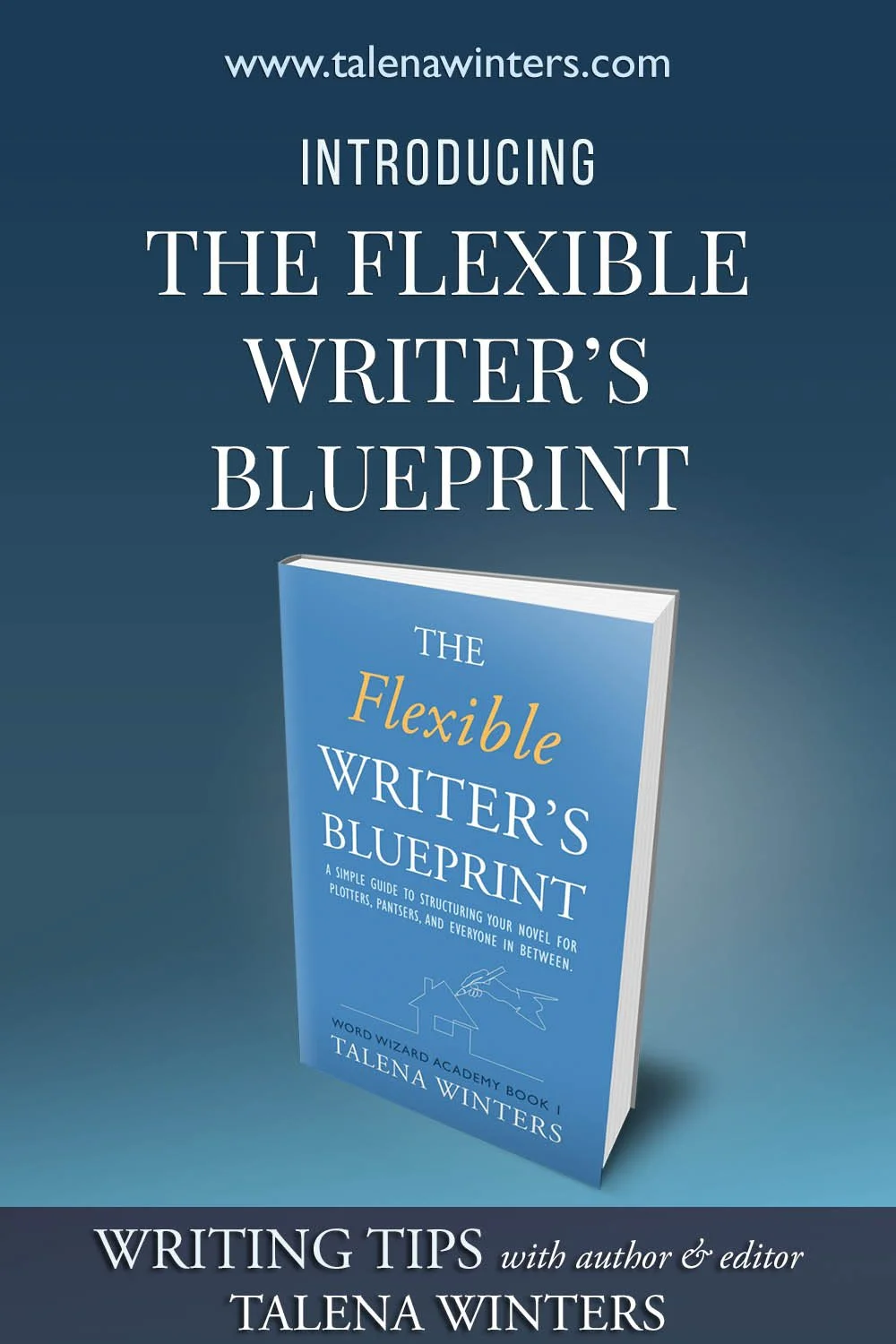
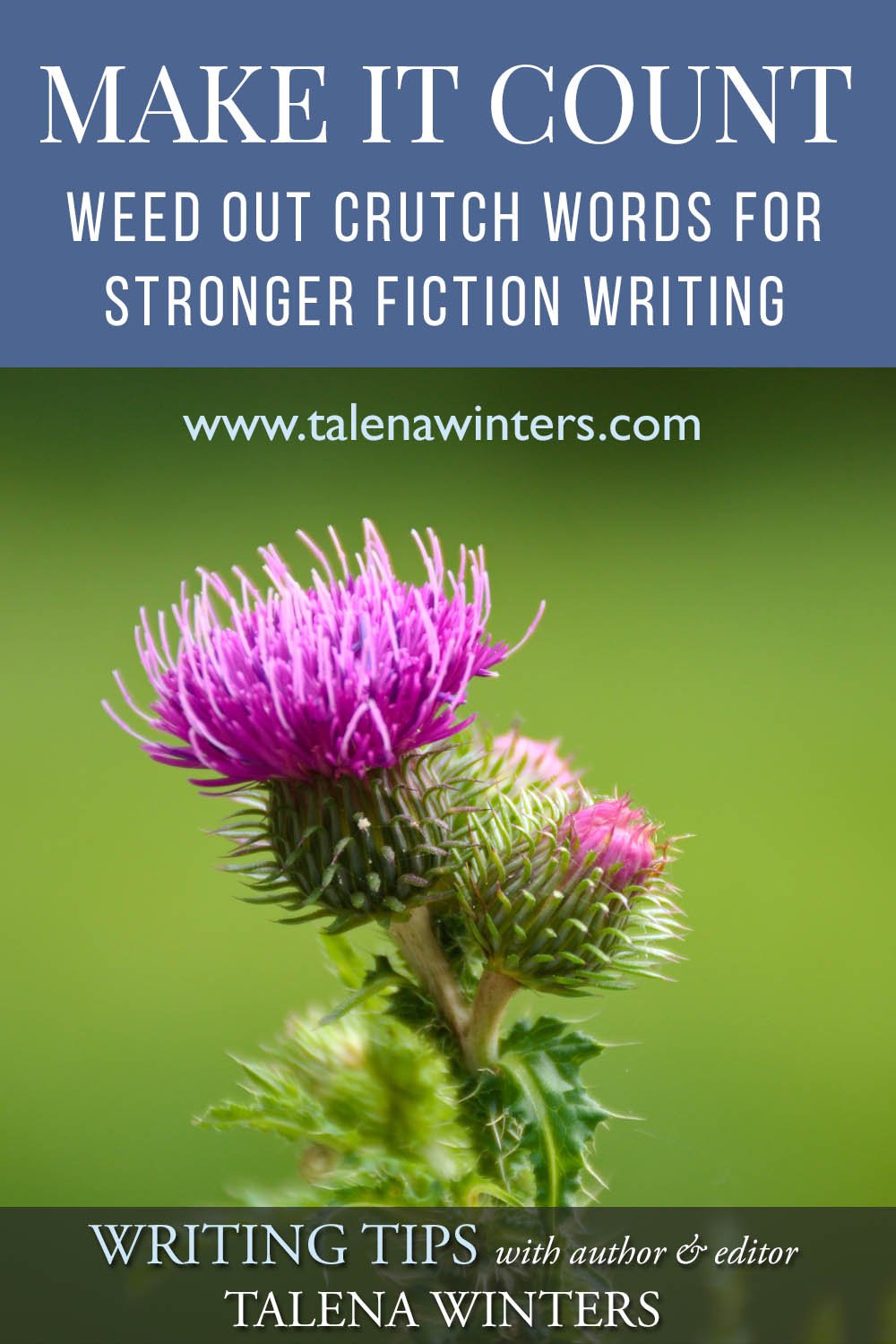



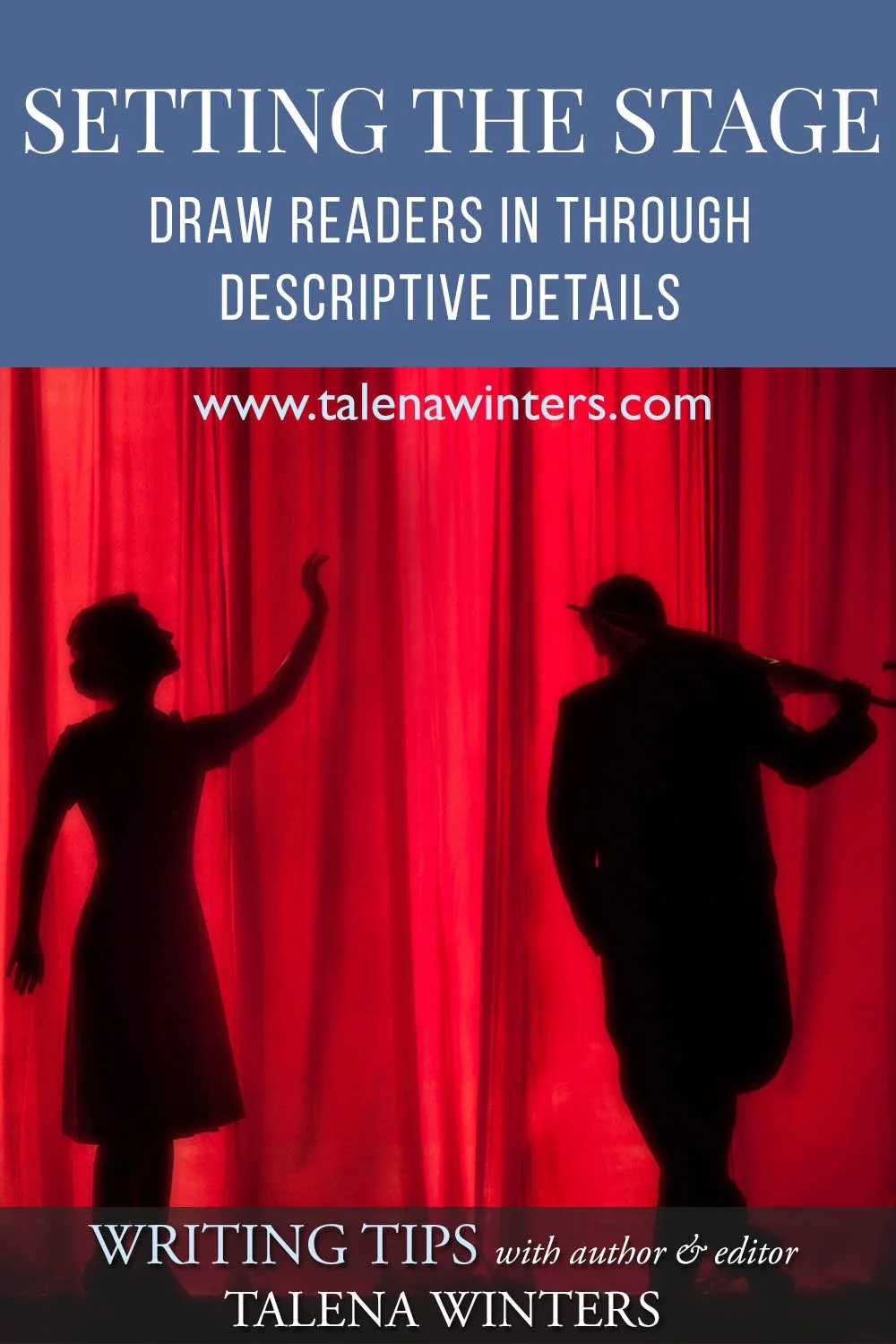
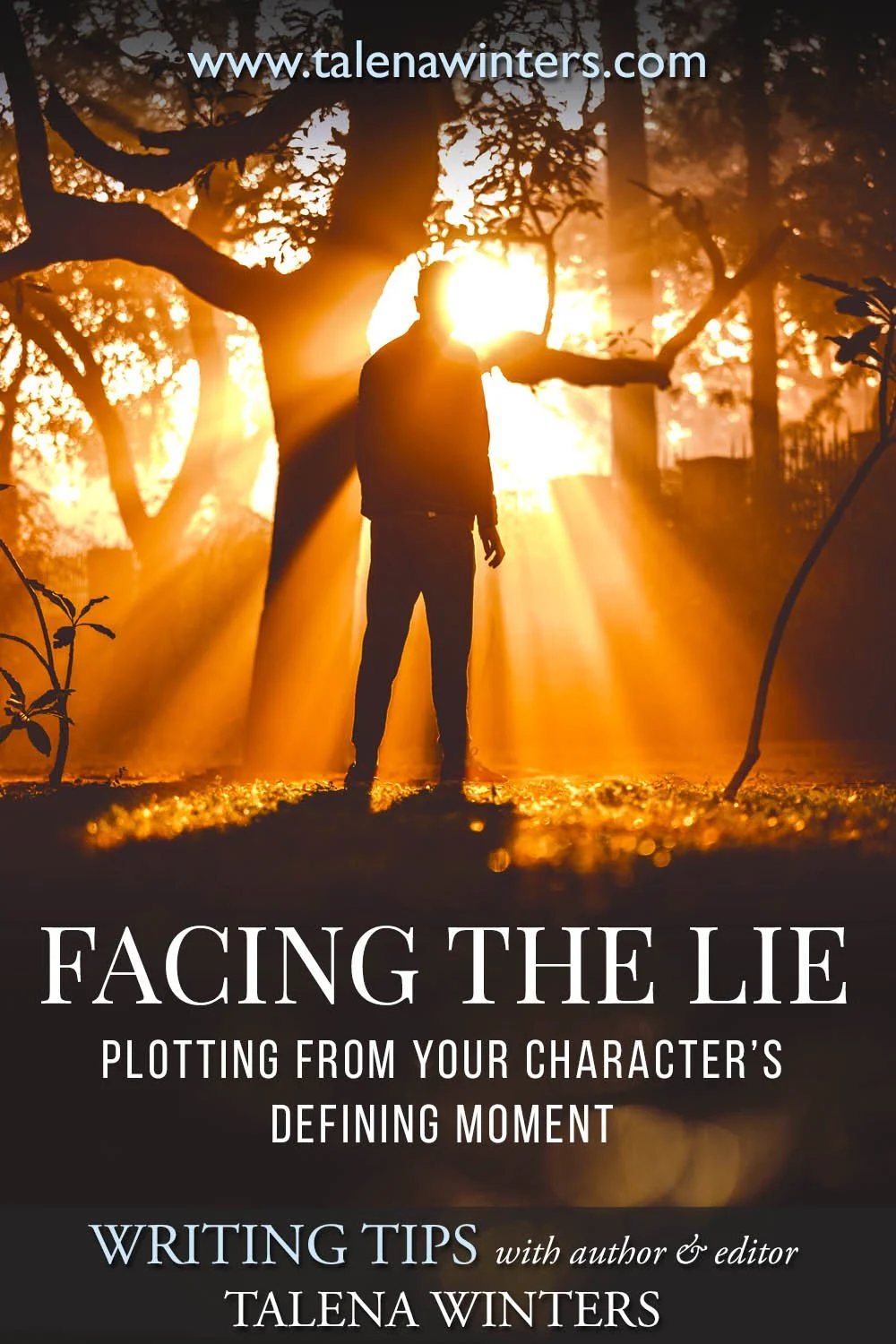
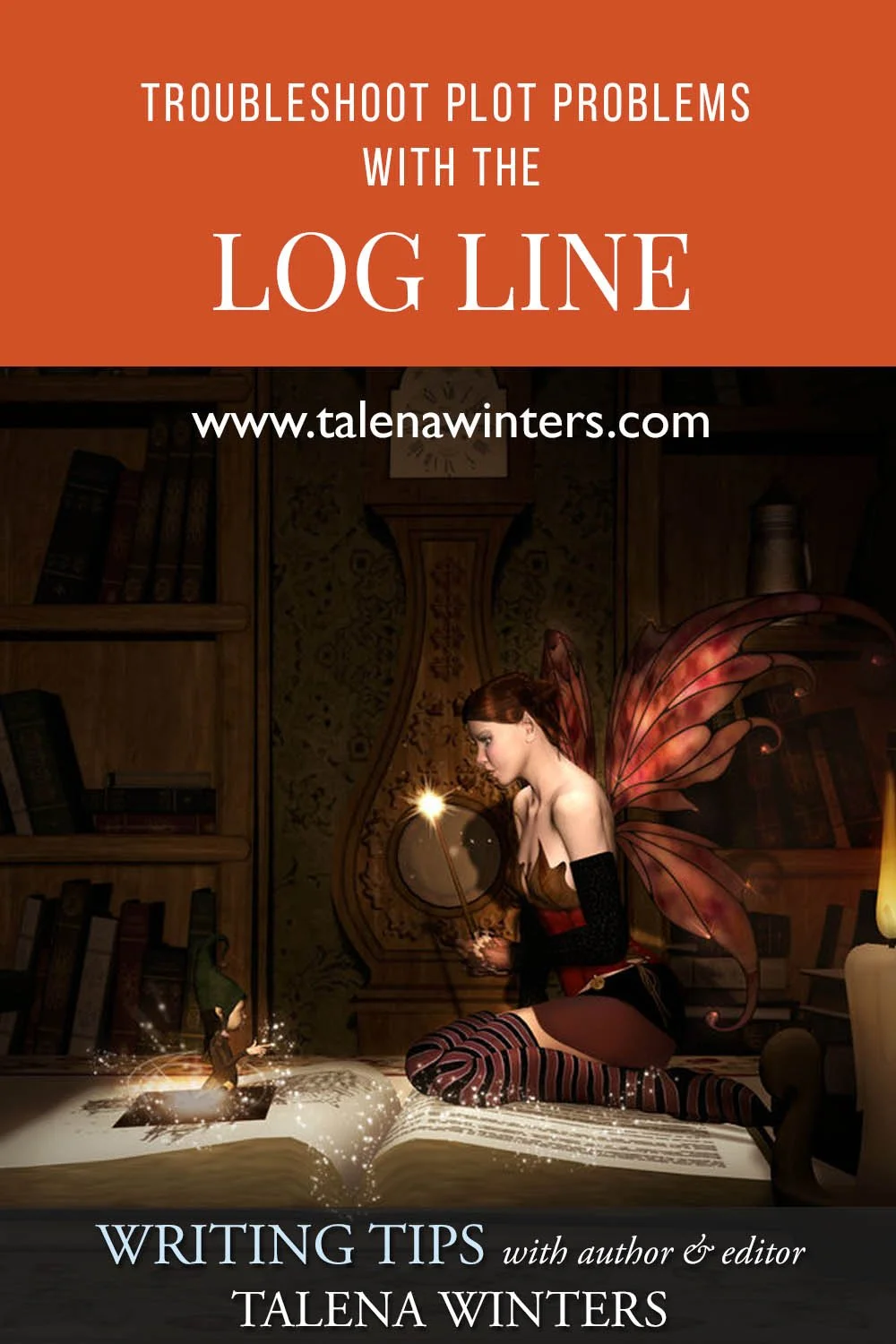
In this first post in the “Strong Beginnings” series, we’ll explore the promises made in a compelling first act that engross your reader so completely they don’t stop reading until they get all the way to the satisfying conclusion of your story.